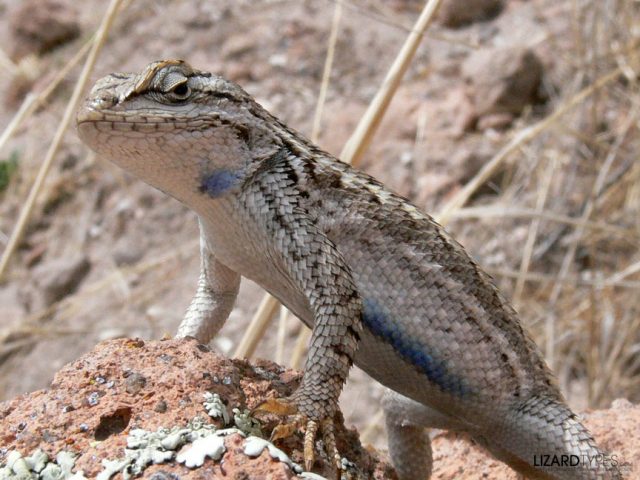Type the name of the breed you're looking for below
[wpdreams_ajaxsearchlite] Don't see the breed your're looking for? Click here and let us know!
Eastern Fence Lizard
| Place of Origin and Range | The eastern fence lizard is found in Alabama, Arkansas, Georgia, North Carolina, South Carolina, Virginia, Kentucky, Southern Illinois, Southern Indiana, Tennessee, Ohio, Pennsylvania, Maryland, Missouri, West Virginia, Mississippi, Delaware, northern Florida, and southern New Jersey. |
| Description | It is typically coloured in shades of grey or brown, and has keeled scales, with a dark line running along the rear of the thigh. A female is usually grey and has a series of dark, wavy lines across her back. The belly is white with black flecks, with some pale blue on the throat and belly. The male is usually brown, and during the summer, has a more greenish-blue and black colouration on the sides of the belly and throat than the female has. The young look like the females, but are darker and duller. |
| Morph Patterns Available | Yes |
| Adult Size | Can grow up to 7 in ( 17.5cm ) |
| Accommodation | They are very active and predatory lizards, requiring a large amount of space to run. They prefer high temperatures, up to 105–110 °F (41–43 °C) at their basking spot and 80 °F (27 °C) elsewhere in their habitat during the day. |
| Lifespan | Can live 5+ years |
| Feeding / Diet | Some of these lizards eat small amounts of fruits or vegetables, but most are entirely insectivorous. Like many reptiles, in captivity they must be provided a diet supplemented with extra calcium and a light source with a UVB radiation to reduce the risk of bone disorders. |



